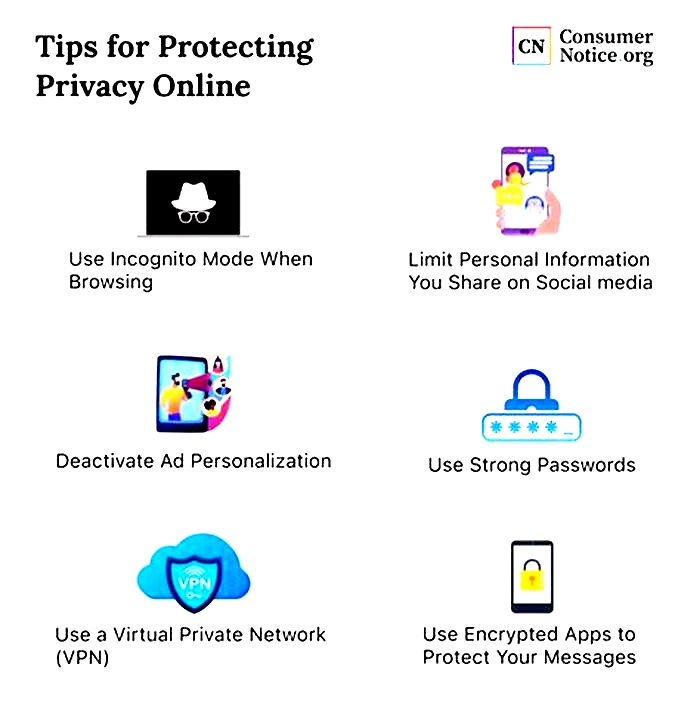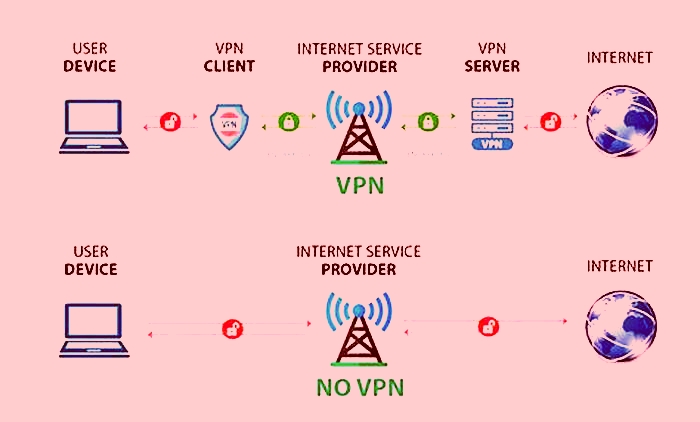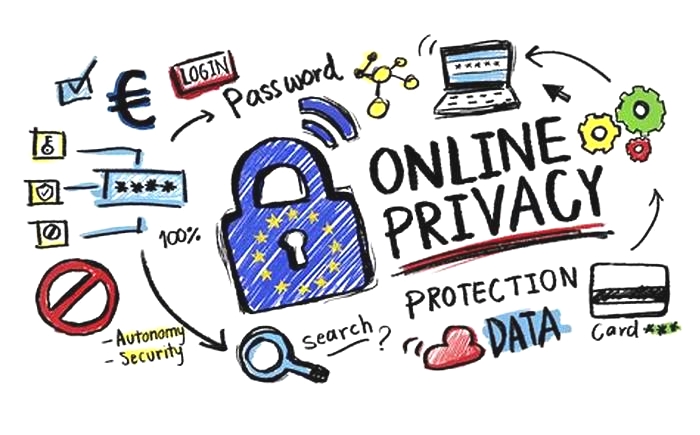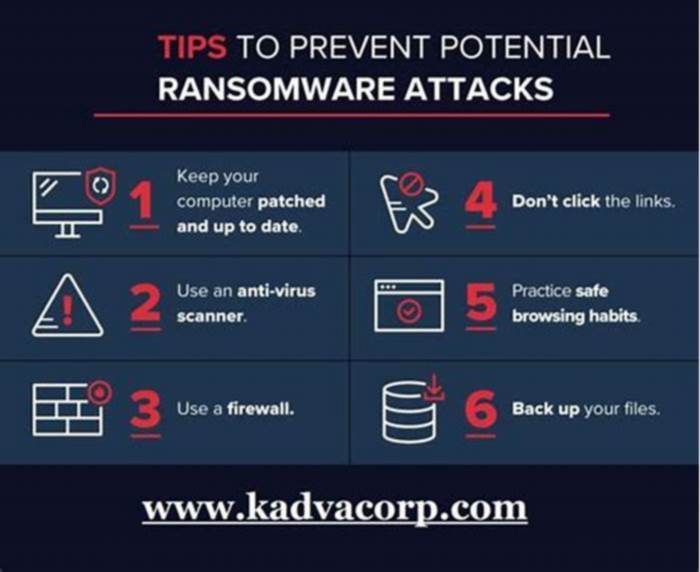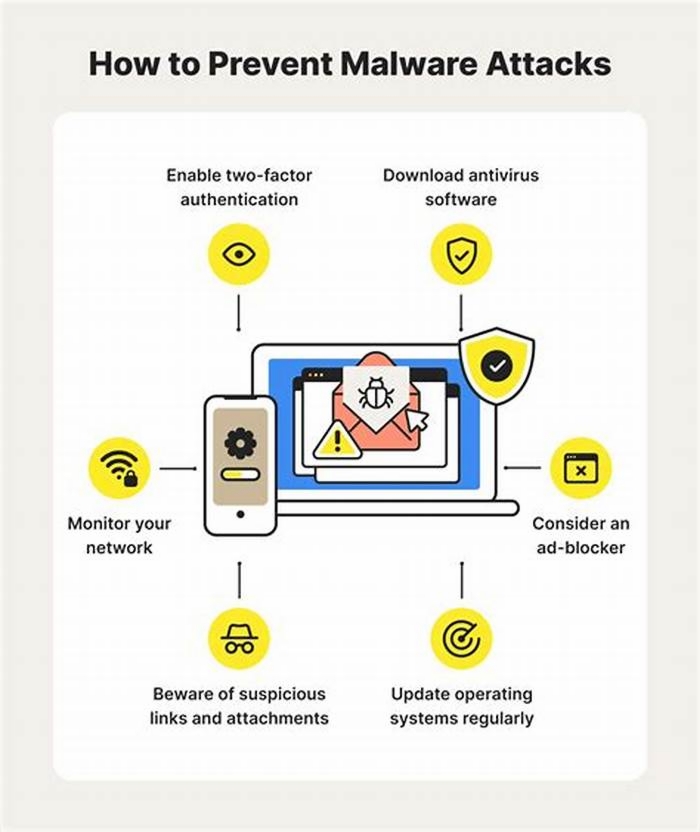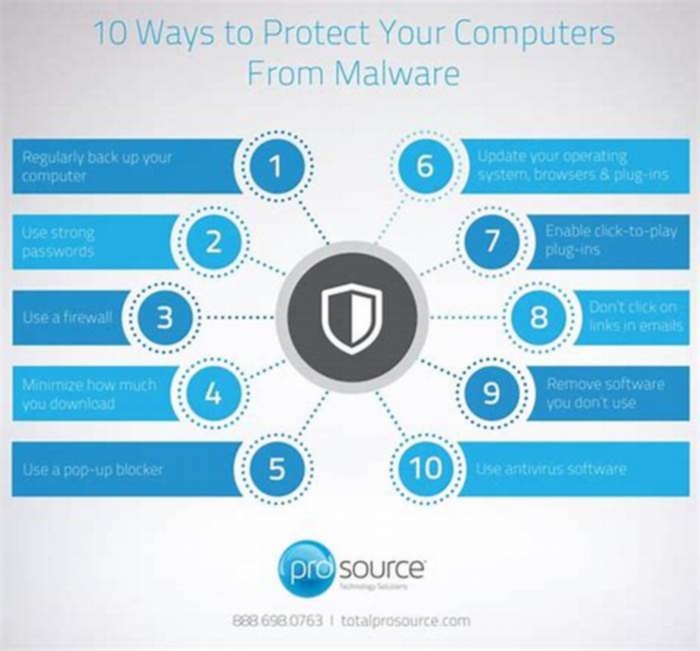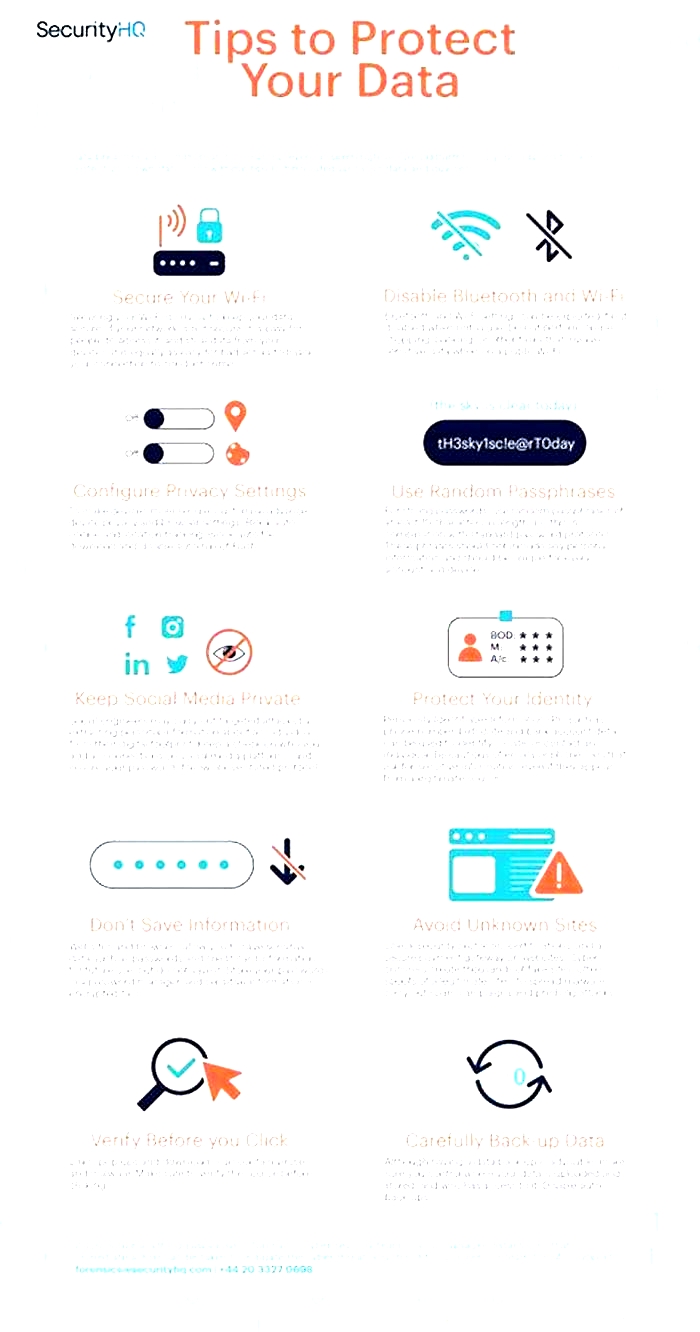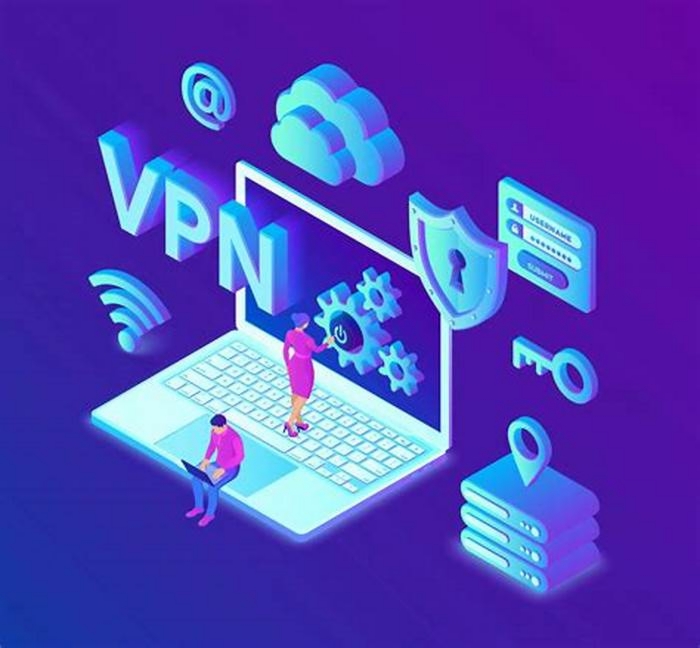How to Protect Your Privacy While Browsing the Internet
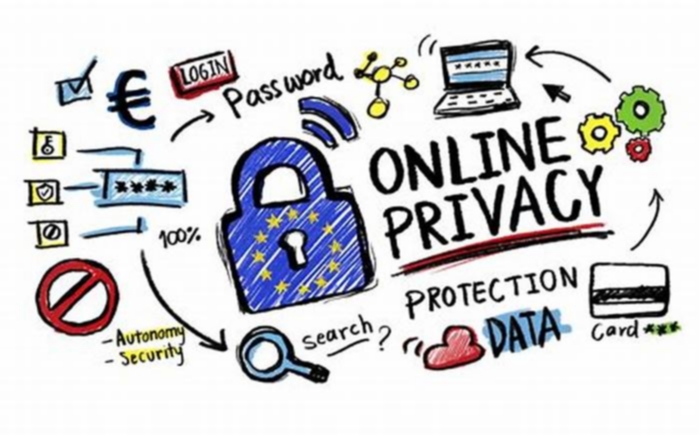
How to protect your privacy online
Worried about how much of your private information is on the internet and vulnerable to theft or misuse? Youre not alone. Online privacy is an important issue.
But there are steps you can take to help manage and protect your financial and personal information while you visit your favorite social media, news, and entertainment sites.
Here are some ways you can boost your online privacy.
Limit the personal information you share on social media
A smart way to help protect your privacy online? Dont overshare on social media. Providing too much information on Facebook, Twitter, and Instagram could make it easier for cybercriminals to obtain identifying information, which could allow them to steal your identity or to access your financial information.
For example, could an identity thief determine your high school mascot or your mothers maiden name from digging through your Facebook account? This information is sometimes used as security questions to change passwords on financial accounts.
Unfortunately, many people dont take this advice. In a 2018 study, the Identity Theft Resource Center found that approximately 52 percent of respondents shared personally identifying information through social media sites.
And thats just the start of the oversharing. The same study found that about 48 percent of respondents shared information about their children, while nearly 33 percent shared information about their location. A total of 42 percent of respondents shared information about their travel plans through social media.
To protect your online privacy, ignore the About Me fields in your social media profiles. You dont have to let people know what year or where you were born which could make you an easier target for identity theft. Explore different privacy settings, too. You might want to limit the people who can view your posts to those youve personally invited.
Create strong passwords, too, for your social media profiles to help prevent others from logging into them in your name. This means using a combination of at least 12 numbers, special characters, and upper- and lower-case letters. And never use personal, easy-to-guess information such as your birthdate or pets name as your password.
Browse in incognito or private mode
If you dont want your computer to save your browsing history, temporary internet files, or cookies, do your web surfing in private mode.
Web browsers today offer their own versions of this form of privacy protection. In Chrome, its called Incognito Mode. Firefox calls its setting Private Browsing, and Internet Explorer uses the name InPrivate Browsing for its privacy feature. When you search with these modes turned on, others wont be able to trace your browsing history from your computer.
But these private modes arent completely private. When youre searching in incognito or private mode, your Internet Service Provider (ISP) can still see your browsing activity. If you are searching on a company computer, so can your employer. The websites you visit can also track you.
So, yes, incognito browsing does have certain benefits. But its far from the only tool available to help you maintain your privacy while online. Anonymous search engines and virtual private networks can bolster your online privacy.
Use a different search engine
If youre like many web surfers, you rely heavily on Google as your search engine. But you dont have to. Privacy is one reason people prefer to use anonymous search engines. This type of search engine doesnt collect or share your search history or clicks. Anonymous search engines can also block ad trackers on the websites you visit.
Use a virtual private network
A virtual private network (VPN) gives you online privacy and anonymity by creating a private network from a public internet connection. VPNs mask your Internet Protocol (IP) address so your online actions are virtually untraceable.
Using a VPN is especially important when youre on public Wi-Fi at a library, coffee shop, or other public location. A VPN will make it more difficult for cybercriminals to breach your online privacy and access your personal information.
You can find many free VPN solutions, but it could make more sense to pay for a service from a trusted security provider if you want the maximum amount of privacy protection while online.
Be careful where you click
One of the ways in which hackers compromise your online privacy is through phishing attempts. In phishing, scammers try to trick you into providing valuable financial or personal information. Theyll often do this by sending fake emails that appear to be from banks, credit card providers, or other financial institutions. Often, these emails will say that you must click on a link and verify your financial information to keep your account from being frozen or closed.
Dont fall for these scams. If you click on a phishing link, you could be taken to a spoofed webpage that looks like the homepage of a bank or financial institution. But when you enter in your account information, youll be sending it to the scammers behind the phishing attempt, not any bank, credit union, or credit card company. Before clicking on suspicious links, hover your cursor over the link to view the destination URL. If it doesnt match the financial website you use, dont click.
Also, remember that banks or other financial institutions will never ask you to provide account or financial information through an email. If you receive such an email and you are wary, log in directly to your financial providers online account portal. You can then check to see if there are problems with your account. Or call the financial provider yourself to ask if there are any problems with your account using the customer-service number from one of your statements or the providers website, not the one included in the suspect email you received.
Secure your mobile devices, too
Many of us spend more time surfing the web, answering emails, and watching videos on our smartphones than we do on our laptops. Its important, then, to put as much effort into protecting our online privacy on our phones and tablets as on our computers.
To start, make sure to use a passcode to lock your phone. It might seem like a hassle to enter a code every time you want to access your phones home screen. But this passcode could offer an extra layer of protection if your phone is lost or stolen. Make sure your passcode is complex. Dont use your birthdate, your house number, or any other code that thieves might be able to guess.
Use caution when downloading apps. These games and productivity tools could come embedded with dangerous viruses. Only buy games from legitimate sources.
Use the same caution, too, when searching the web or reading emails on your mobile devices as you do when using your laptop or desktop computer.
Dont ignore software updates, either. These updates often include important protections against the latest viruses. If you continue to ignore them, you could be leaving your smartphones operating system and programs vulnerable to attack.
Use quality antivirus software
Finally, always install antivirus software on all your devices. This software can keep hackers from remotely taking over your computer, accessing your personal and financial information, and tracking your location.
And once you install this software, dont forget about it. Manufacturers frequently update their virus protection software as a defense against the latest malware, spyware, and other viruses. Install updates as soon as they become available.

Try Norton 360FREE 7-Day Trial*-Includes Norton Secure VPN
7 days of FREE* comprehensive antivirus, device security and online privacy with Norton Secure VPN.
Join today. Cancel anytime.*Terms Apply
- Dan Rafter
- Freelance writer
Dan Rafter is a freelance writer who covers tech, finance, and real estate. His work has appeared in the Washington Post, Chicago Tribune, and Fox Business.
Protect your privacy while you browse
It once sounded like paranoia; now its more like common sense. Steve asked for safe and secure ways to access the Internet without being tracked by crooks, corporations, and governments.
Theres no such thing as complete, 100-percent perfect privacy or security. The Heartbleed vulnerability made that patently clear. But you can lock down your Internet access, making a security breach much less likely.
[Have a tech question? Ask PCWorld Contributing Editor Lincoln Spector. Send your query to [email protected].]
Ive already discussed email privacy, so Ill concentrate here on secure web surfing.
Your browsers privacy mode
Most browsers have a mode that allows you to visit sites without being tracked. Theres no history, and no cookies.
But you need to know these modes limits. The sites you visit will still see your routers IP address. And your ISP still knows who youre visiting. And what your ISP knows, the government can find out.

Firefoxs Private Browsing
Heres how to enter privacy modes:
- Internet Explorer: Select Safety>InPrivate Browsing.
- Chrome: Click the menu icon in upper-right corner and select New incognito window.
- Firefox: Tap Alt to bring up the browsers menu. Select File>New Private Window.
Browser add-ins
The right tools can add layers of protection to your browser. Here are two free ones I recommend.
Ever hesitate to enter your real email address into a webform? With MaskMe installed in Firefox or Chrome, you can click on an email address field and have it provide a random, disposable address. Mail sent to that address will be forwarded automatically to your real addressuntil you tell MaskMe to stop forwarding it. If youre willing to pay $5 a month or $45 a year for the premium service, MaskMe can also provide temporary credit card numbers.
MaskMe offering an alternative email address
Another add-in, Ghostery, protects you from commercial spies who work in the background. Every time you load a webpage, it displays an annoying but revealing pop-up showing all the advertising and tracking services using that site. You can block services you dont want.
I should mention that Ghosterys parent company, Evidon, takes money from advertisers, creating a possible conflict of interest.
More complete disguises
All of these solutions still allow websites to see your IP address and allow your ISP to track your surfing habits. You can use a virtual private network (VPN), among other option, to hide your IP address.

The Tor Browser
Or you can use the Tor Browser. This special browser, which always runs in privacy mode, routes its signal through a complex series of servers to hide where youre really coming from. Its about as safe as you can get on the web.
With these precautions, you should be reasonably safe.
How to Protect Your Privacy When Using the Internet
Privacy is growing increasingly rare and valuable as we head into another decade of the digital age. As devices, apps, websites, and other marvels become more common (and always with us), it is clear that there is a trend towards less privacy for the sake of either physical security or convenience.
Yet having your private information used against you isn't so convenient, and there is nothing safe about identity theft or even criminals using your data to track you or your loved ones. You have a right to privacy, and you should do whatever you can to make sure that it is protected online. Fortunately, this article is here to help you do just that with the following tips:
Don't Give Everyone Your Information, Contact, or Otherwise
Every site you go to and every service you use is going to want your information, and just because they ask politely (or less than politely) doesn't mean you should give it to them. If you think about it, wouldn't you do the same if it meant people gave you valuable information or something just as good as money if you just asked everyone you came across anonymously?
Practice saying no virtually and consider the following for yourself:
Consider a Fake or Second Identity for Yourself
While, of course, we don't encourage you to commit fraud or put in false info where it would truly be needed, some sites, forums, and apps may require that you input information where it isn't necessary. In these cases, we recommend using fake information, perhaps connected to a throwaway or secondary email address that you can use for these purposes.
You will probably need a name, a few pieces of miscellaneous information, and some forms of contact. If you genuinely wish to stay anonymous, you can use prepaid cards or even cryptocurrency if you want to keep your financial information to yourself. You likely won't be able to (and probably wouldn't want to) do this if too many forms of verification are required. But keeping your real details out of the hands of many potentially shady or vulnerable sites can make you rest much easier.
Delete Accounts and Online Information Not Being Used
Are you truly ever going to use your MySpace account ever again, or that Tumblr page you haven't even thought of until you read this sentence? While the information in them is likely in the past, the more intelligent cybercriminals and those willing to invade your privacy can piece together the dots and perhaps learn more about you than you would like to know.
Delete what you can now, especially if you know there will be no benefit in keeping the data online.
Changing Your Settings
While their effectiveness will vary based on what you're using or looking at, nearly every app, account, or the program will have privacy settings you can mull over and consider. Even Windows 10 has multiple options for the sake of your privacy, and we strongly recommend that you check them as soon as you can (if you haven't already).
While we won't go into detail about every program given that interfaces can change often and each person's device might cause variances, a quick search should point you in the right direction no matter what app or program you are hoping to work with.
Using a Virtual Private Network
In regards to internet privacy and internet security, you might have heard about a Virtual Private Network (VPN) before. Perhaps in ads saying they can keep you safe or anonymous online, or more commonly, that they allow you to watch foreign Netflix. Yet, do you know exactly how they work and what they can do for you?

In short, a VPN is a service or app that allows you to connect your device to a remote server through an encrypted connection. Dealing with the common privacy and cybersecurity threat of public networks, anyone trying to view what you are doing on the network you are using will simply see that you're using a VPN, if anything, and nothing more. Without this protection, they might be able to see all information being sent to and from your device, which can cause lasting damage.
A VPN service is essential since it helps strike a balance between what sensitive information is appropriate to reveal and what isn't. To protect your connection, FastestVPN offers military-grade encryption. Additionally, this VPN software unlocks access to a variety of regionally-restricted services, games, apps, and more. Another VPN that comes highly recommended is PureVPN.
Here are some additional tips for when you're choosing and using a VPN:
- For the most part, avoid getting a free VPN and opt for a paid service instead. While you'll still need to research to find the perfect VPN for you, free VPNs either aren't as safe or as reliable as they could be. Some may even sell your data or include invasive advertisements. They simply don't have the resources to provide the service you want.
- Ideally, you should look for a service that does not keep records of what users do on the network. Those based in countries and regions that don't have laws requiring them to will be able to do this, and there are plenty of options available in this regard.
- If you're worried about download speeds and ping rates, try to use a server closer to you. If available, better yet use the indicators and tools the VPN provides to automatically connect you to the best server for you. Naturally, the exception to this is when you want to access the internet as though you were in a particular region.
- A VPN isn't a perfect solution to all privacy concerns. If you send your private information to a scammer or company asking through it, the encrypted connection won't save you.
There are much longer articles on VPNs, and there are frequent updates that mean that the information from three years ago on the subject won't give you the full picture of today. Do some more research and remember that you can generally switch services pretty easily or take advantage of a free trial or two to protect your privacy.
Remember Basic Cybersecurity
If you are worried about your privacy online, start by protecting yourself from hackers and cybercriminals to the best of your ability. The point of most cybersecurity measures is to protect your private information, so you might see many concepts you have read about previously in this article.
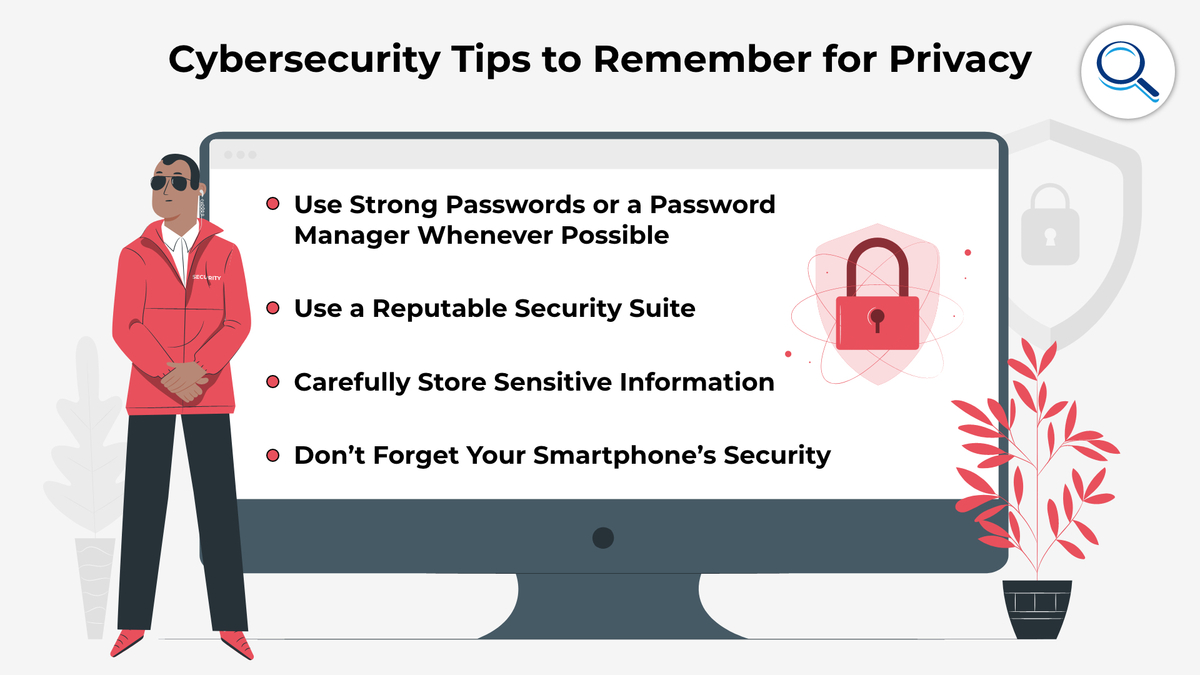
While we will not go into too much detail as to every best cybersecurity practice, here are some key reminders:
- Use passwords whenever possible, and make them strong passwords. Change them regularly and share them with no one, even people you usually trust. While they may not do anything malicious with the information, they may be subject to a data breach themselves, compromising you along with them.
- If doing all of this proves difficult, we recommend the use of a password manager that makes things easy on your home computer while keeping unwanted guests out of your accounts.
- Use a cybersecurity suite program and make sure you perform scans regularly (or automatically every week). You can either use a paid option or if you feel confident with it and aren't doing anything risky online, leave it to Windows Defender or your default defenses (as long as the settings are correctly tuned).
- Carefully consider where you store your most sensitive information. Putting everything into a Google Doc and thinking it will be safe without further protection is a way to invite disaster into your life. The best option, if you must store it digitally, is to put it on a password-protected external drive and store it safely. There are also cloud storage options that specialize in privacy and security (costly as they are), which will provide you with offsite yet reliable file storage.
- Both your defenses and cybercrime should be active 24/7. Utilize Malwarebytes to secure your PC all the time from online frauds, ransomware, and privacy invasions.
There are naturally other items, but we will either tackle them later or trust that you will search for more detailed guides later. Also, make sure you aren't left behind, and update your knowledge on the subject as often as you update your computer.
Remembering Your Smartphone's Security
People often think of online security and imagine desktop computers. However, in the past decade, the smartphone has risen in prominence to become the primary way most people access the internet in their day-to-day life. While the convenience is extraordinary, the risks are many and severe for some.
Much like you would protect your computer and other devices, make sure you are protecting your smartphone too. Install and utilize the proper protections on your device, and do not do anything foolish such as downloading an unscanned file from an unknown site just because you are using a more convenient device.
Avoid Social Engineering Scams
Online security tools and privacy aids are worth nothing if you are giving all of your personal data away to the first caller or person who emails you. On top of protecting yourself from malware and similar threats, you need to update yourself as to the most common scams used online (and offline) to invade your privacy and get your information. Remember that human error is the cause of most cybersecurity breaches.
Social Media, and How Not to Use It
Social media is an important, and even in some cases necessary, part of many people's lives, and it is hard to go without it. And while not using it at all would be best from a privacy standpoint, we understand it would be unreasonable to ask most people to do that, much like how the best option for staying private online, in general, is not to use the internet.
Here's some information you should know about social media and your privacy:
What Social Media Platforms Know About You
It's not just your friends on social media that are looking at what you're up to. The platform itself is probably paying far more attention to your posts and behaviors than anything else.
Here are some things they've done in the past to showcase just what information and how much they collect:
- If you want to know how Facebook views you in the eyes of advertisers, you can go to your settings and then request a report on the subject.
- Also, interestingly, social media companies have conducted experiments in the past by tinkering with feeds to stimulate certain emotional responses. They might analyze the language you use and then categorize your post and later on your entire personality.
- They also know who you interact with the most and who you follow or are friends with. By analyzing your connections, they can try to understand your tastes and personality better.
What Not to Post
While often the point of social media is to share details from your life that you think your friends and connections might find interesting, there are certain types of information that are best kept under wraps online or at least not posted publicly. These can generally include:
- Information going into substantial detail about your work, business, or place of work. A dedicated person will engineer and infer as much information as possible from an otherwise innocuous post.
- Where you might be going at a specific time, or where you are at the moment. It can wait until you're home, so people don't get the bright idea to break into your home, knowing no one else is there. You also don't want people tracking you in general as you move.
- Any information you consider too private to be shared with the general public. Nothing is stopping a "friend" from taking a screenshot and sharing it with the world.
- On a related note, keep track of what photos people tag you in as well. Perhaps you might not be able to keep some photos off the internet, at least without some social reprisals against you from your friends, but you can make it harder to track them down via a search for you.
Your Social Media Settings
Unless you want to gain a public following, there is generally no reason to have public profiles on places such as Facebook, Twitter, and Instagram. You might use a site such as LinkedIn for your career, but that will have a different set of content and information attached to it, which you actually hope people will find.
Some social media settings you might first want to change are to switch all the profiles you can to private and make your posts unable to be seen by anyone except for your friends or subset groups of your friends who you want to see them.
Incognito and Private Browsing Modes
Under different names based on the browser you use on your device, an incognito or private browsing mode (often in the form of a different type of browser tab) is a useful tool if you're worried about people snooping on your local browser or search history. Just don't let them lure you into a false sense of security, as the following notes will explain:
- They can be convenient for browsing on your home computer and keeping things out of your browser and search histories, but your ISP and the search engine will still be able to collect data about what you're searching for and what sites you are visiting. A VPN is the proper way around this issue.
- Any information you enter in these modes into outside forms and sites doesn't change. They won't protect you from handing out your information to the wrong people.
Know Why Companies and Groups Want Your Information
You won't be able to completely control the flow of data coming from your devices without trading off enough functionality so you might as well go off the grid. Many companies and groups legitimately need your information to function and get you what you need. Others may not need your information but can operate far more effectively because they can remember what you like.

However, intentions mean a great deal when it comes to your privacy and data online. When it comes to this, you can safely categorize groups into these categories:
Those that want to market to you: Targeted advertising can work far better than other forms of advertising when it comes to a return on the investment. Think about it: would you be more likely to click on an ad that caters to your specified interests or one that is for a car you would never buy even if you're in the market for one? By gauging your demographics and interests, advertisers, and platforms that sell ad space to advertisers, can market to you better and command a higher rate from their clients.
Those that want to collect your metadata: These groups are often companies or groups that search for demographic trends and collect data for researchers (either under the employment of tech companies, marketing agencies, or similar institutions or in some cases universities and non-profits) to try and improve existing systems.
Those that wish to do you harm: While cybercriminals and hackers will mostly want to try and infiltrate networks and participate in social engineering schemes, there are websites in operation that seek to collect your data maliciously. Most of them you'll notice in an instant and quick close as quickly as you can, but others might take the form of fun games, social media post types that have gone viral, and other seemingly safe things.
Of course, for companies large enough, it could be any combination of the above as well.
Anonymous Data Collection Versus Specific Data Collection
If your input or set of information is anonymous and effectively one of the millions (or even billions), then you really have nothing to worry about. No one at Google cares on a personal level that you searched for the best sandwich shop last Tuesday. Perhaps the local sandwich shops in your area care, but only that someone searched, not you in particular.
Understanding Cookies
Due to legislation, most websites must inform you that they are using cookies and storing them in your browser or computer. Now, this is perfectly normal and a standard function of sites, but you also need to know that there might be cookies that track or store the information you do not want to be stored. Every cookie can be a little different, so either delete them periodically or check to see what they do on your most commonly used sites.
However, you should also know that not all cookies are bad. Sometimes they are just there to save basic preferences and settings that would be of no use to anyone or any group other than yourself. If you have no reason to be worried about the information they carry, you can probably go on using them.
Be Careful About What Else May Be Tracking You
There are always new programs, methods, and apps that companies and developers can (and often will) use to track your usage habits, general life habits, and more. While some things are unavoidable if you wish to use these modern conveniences, educating yourself about the potential best usages and what is truly necessary is your best way to protect yourself.
Similarly, the political atmosphere may change, and your government may get more methods and power to track citizens. Keep an eye on the news and react accordingly.
Additional Tips and Measures to Consider
While we have tackled some of the pillars of online privacy, that isn't all there is. There are several other tools and tips you should look into, listed below.

Turn Off GPS if You Are Not Using It
GPS and apps that can provide you with directions are undoubtedly useful, but those same apps and functionalities can be used to track you, both in your current location and where you have been. Using predictive algorithms, some companies may be trying to predict where you likely will be and will only get better at this.
If you value your privacy, you should seriously consider turning location tracking off on as many apps as possible. You don't truly need it on social media, and you won't always be traveling (or need directions to where you're going, you've probably internalized your commute by now). Even your home address can often be determined from your desktop or laptop usage, but the cat is likely out of the bag on that piece of information if you use the internet at all from home. Whatever your final judgment, don't let it go unnoticed.
Use HTTPS Whenever Possible
Most of the websites you use each day have HTTPS protection, which is easily detected by either "HTTPS" in the URL or a small symbol or sign in your browser's address bar (which may vary slightly by the browser). To keep it short, it encrypts the connection between the site and your device, adding a layer of protection to whatever data is being sent.
Conversely, if a website uses only HTTP, it is best to assume it is not safe to use, even if the deals are to die. Getting an SSL certificate is relatively easy and not expensive, so if they're asking you for info without one, they aren't prioritizing your safety. You can read a blog in HTTP or just gather information, but you should never share anything personal on such a site.
Opt for More Secure or Privacy-Focused Apps
At times you'll have a choice between apps, and there will be one that's clearly more protective of your sensitive information. Perhaps obviously, we recommend for the sake of your privacy that you choose that one, despite the potential increased costs and inconveniences. Having to deal with a slightly slower rate of service or having to input an additional bit of information each time you have to log in is worth it.
The main obstacle you might have to deal with is the low adoption rate of some more secure messaging and social media apps, but someone must be an early adopter. If you have no choice, use both, but focus on privacy when you can.
Also, just because a company or app has not had a major data breach yet does not mean it is entirely safe. It is also possible they have had a data breach and managed to sweep it under the rug, as companies have been known to (unethically and illegally) do.
Using Cryptocurrency
When it comes to cryptocurrency, you should know it's a very complex topic, and stumbling into the topic could easily lose you a great deal of money or even make you fall into a trap or scam. While you can use cryptocurrency to pay for certain things online anonymously (and thus protect your privacy) and it can be a great tool, it is one of those tools you should research how to use first.
You may also wish to work with the most stable cryptocurrency available, as things such as Bitcoin have become investment vehicles just as much as online payment methods. However, you may not always have that option, so keeping a low amount of currency on hand might be safest.
Do Some Research on Yourself
If you don't know what information is out in the world about you, how do you know where to start making changes to your online life? For this reason, we recommend that you do a few searches for your own name and information, and investigate what you find, at least for a few pages of results. It will take you less than a minute to start, so do it now, even if you're afraid of what you might find (the results won't change because you don't look at them).
If you are worried about the results, you might be able to take steps so that pages are removed and that the information on you is no longer available. If the information is posted against your will, depending on your location, you might be able to take more concrete steps to make sure it is no longer there or buried further than it was previously.
Be Careful About Free Apps and Programs
While in some cases something might be released out of the goodness of someone's heart, far more often a tool or app coming from a company wants to do one of three things:
- Make you spend money on the app, either as a purchase or to unlock its full functionality.
- To generate as much ad revenue as possible.
- To collect your information in the process of using it.
If the app comes from a for-profit company, then you aren't the customer. You and your metadata are the products, either to expose you to advertising or to use your data for research purposes. If from a non-profit, you could still be added and tracked as a potential donor or volunteer in the future, which you may not want. In every case, be careful.
Conclusion
Your privacy and the privacy of those around you matter a great deal. Don't just give it up without a fight or a thought, and if you do consider it not to be as valuable as the full conveniences of the modern digital age, at least let that be a conscious decision. Practice the tips and use the tools listed above that you do think would help you. Most of the steps can be done in a day (and in some cases a few hours), so there's little excuse not to at least consider making some changes in your online life for the sake of privacy.

